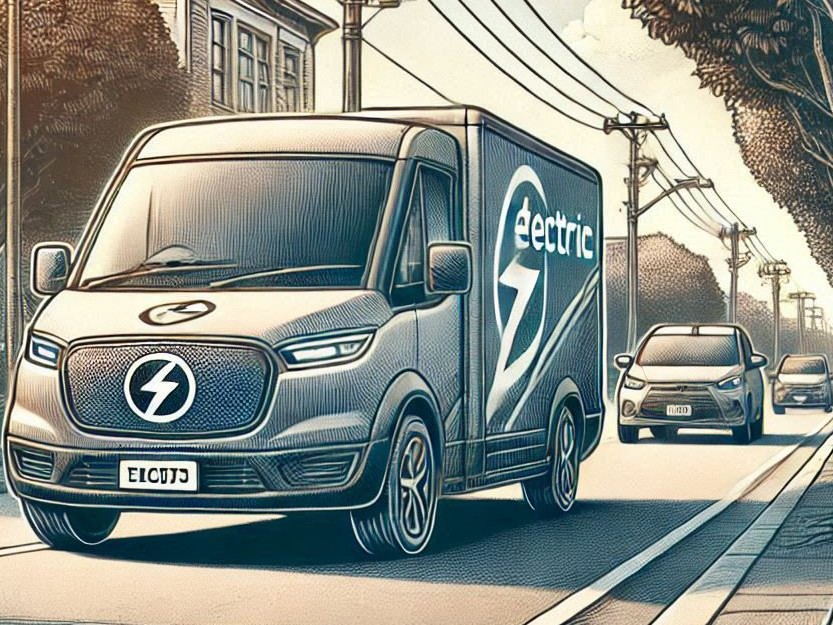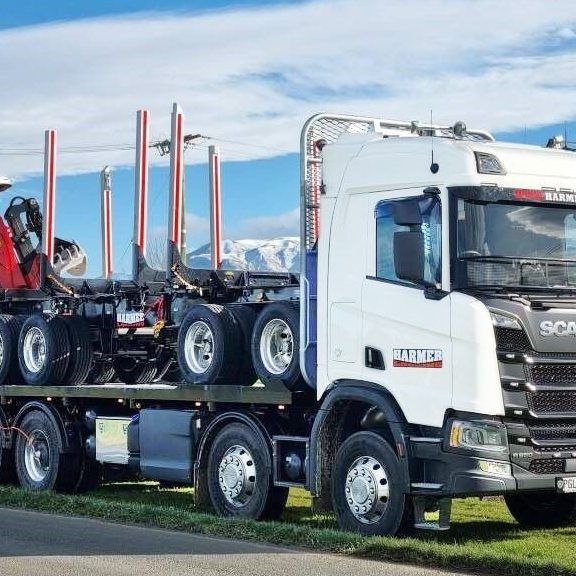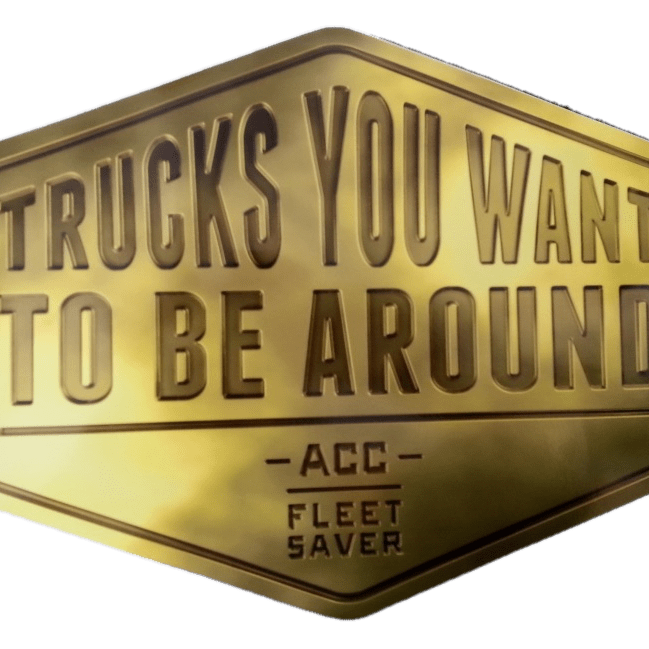
There’s been an issue for a couple of years with some battery electric (BEV) trucks being too heavy for Class 1 licensed drivers, meaning they would have to get their Class 2 license to drive them.
Many drivers didn’t want to take this step, so it was causing a problem, even though in practical terms the BEV trucks were the same size as the petrol or diesel versions. It just came down to exceeding the gross vehicle mass (GVM) with the electric vehicles being heavier than the 6000kg allowed on a Class 1 licence.
As this affected a lot of delivery vehicles, Transporting New Zealand asked NZTA to issue an exemption, CEO Dom Kalasih says.
“We’ve continued pursuing that concession from the Minister’s office on down for nearly two years so it was somewhat of a relief to see NZTA has recently drafted an exemption and is now consulting industry on it.”
[The proposed NZTA change is here. Class exemption for electric trucks | NZ Transport Agency Waka Kotahi]
“However, we don’t understand some of the conditions of the proposed exemption.” Kalasih says.
“For example NZTA say the BEV truck has to be an electric variant of an existing diesel truck that is less than 6000kg. This means manufacturers that don’t build diesel trucks would not get the same concession, even though they face the same challenges with the weight of batteries.
“We’ve given NZTA our feedback on the draft so let’s hope common sense will prevail .
“We also saw some irony in NZTA’s prefacing this exemption saying: ‘Vehicle regulation needs to be responsive to advances in vehicle technology and market changes.’
“That’s something we’ve been advocating for nearly four years so we think we’ve had a win getting NZTA to acknowledge that.”
He says a change would be a win for drivers and companies, and for the environment.
“A quick back-of-the-envelope calculation shows that if 50 or so of those little BEVs had started operating two years ago then we could have avoided about 750 tonnes of CO2 emissions.
“That’s the opportunity cost of us taking so long to adopt innovation and it’s something we’re keen to help NZTA change.”
Feedback to NZTA closes on February 7.
The consultation form is here:
Class Exemption Consultation | New Zealand Transport Agency Waka Kotahi





